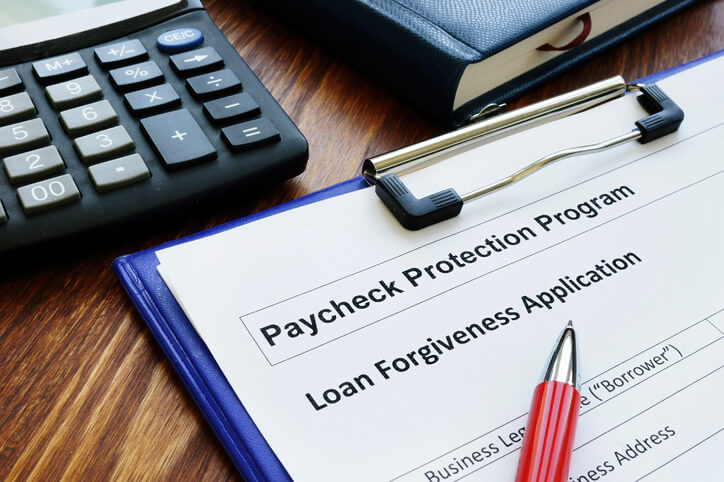During the pandemic, the Paycheck Protection Program (PPP) offered a lifeline to small businesses working to retain staff despite the hit business had taken. As of May 2021, the SBA reports that almost $800 billion in funding has been provided under the PPP and, while most of the forgivable PPP loans have been forgiven, there are still billions of dollars in more forgivable loans that have yet to actually be forgiven. Has your application for PPP loan forgiveness been denied? Here we will discuss how you can appeal such a denial.
Appealing Denial of PPP Loan Forgiveness
There is a formal and legal process put in place by the SBA in order to appeal the denial of an application for PPP loan forgiveness. A borrow can appeal final, official written decisions issued by the SBA that were issued after a completed review of the PPP loan. In order to be appealable, the SBA must have either found that the applicant borrower was ineligible for the PPP loan amount that was received or that the proceeds of the PPP loan went towards an unauthorized use. If these conditions for appealing a denial of PPP loan forgiveness have been met, an applicant can proceed with the detailed and specific appeals process.
An applicant must file an appeal by a specific deadline. That specific deadline is the earlier of two situations that could occur: either within 30 calendar days of the appellant receiving the final SBA forgiveness denial or within 30 calendar days of being notified by the lender of the final SBA forgiveness denial. In either scenario, there is not much time to file an appeal and so time is really of the essence.
The appeal itself must comply with certain requirements, including a statement of the OHA’s basis for jurisdiction over the matter. A copy of the loan review decision that is to be the subject of the appeal must also be included as should a statement as to why the decision was made in error. The appellant must also state what relief is actually being sought and include various documentation such as signed copies of payroll tax filings made with the IRS and the state. Various federal tax returns and schedules should also be included, such as Form 1040 with Schedules C or F. On top of all of this, individual employee wage reporting and unemployment insurance tax filings that were reported to the state for the relevant periods of time must also be provided. If not, the applicant must alternatively provide an explanation as to why such documentation is not relevant or is otherwise unavailable.
The appeal petition itself must be accurate and completed in full as it will detail both the legal and factual basis for why the SBA’s denial of your PPP loan forgiveness was erroneous. Once the appeal petition is filed, OHA will then assign the appeal to an administrative law judge.
Pittsburgh Business Law Attorneys
The team at Jones, Gregg, Creehan & Gerace is here to help businesses succeed. Ask us about how we can help you. Contact us today.
